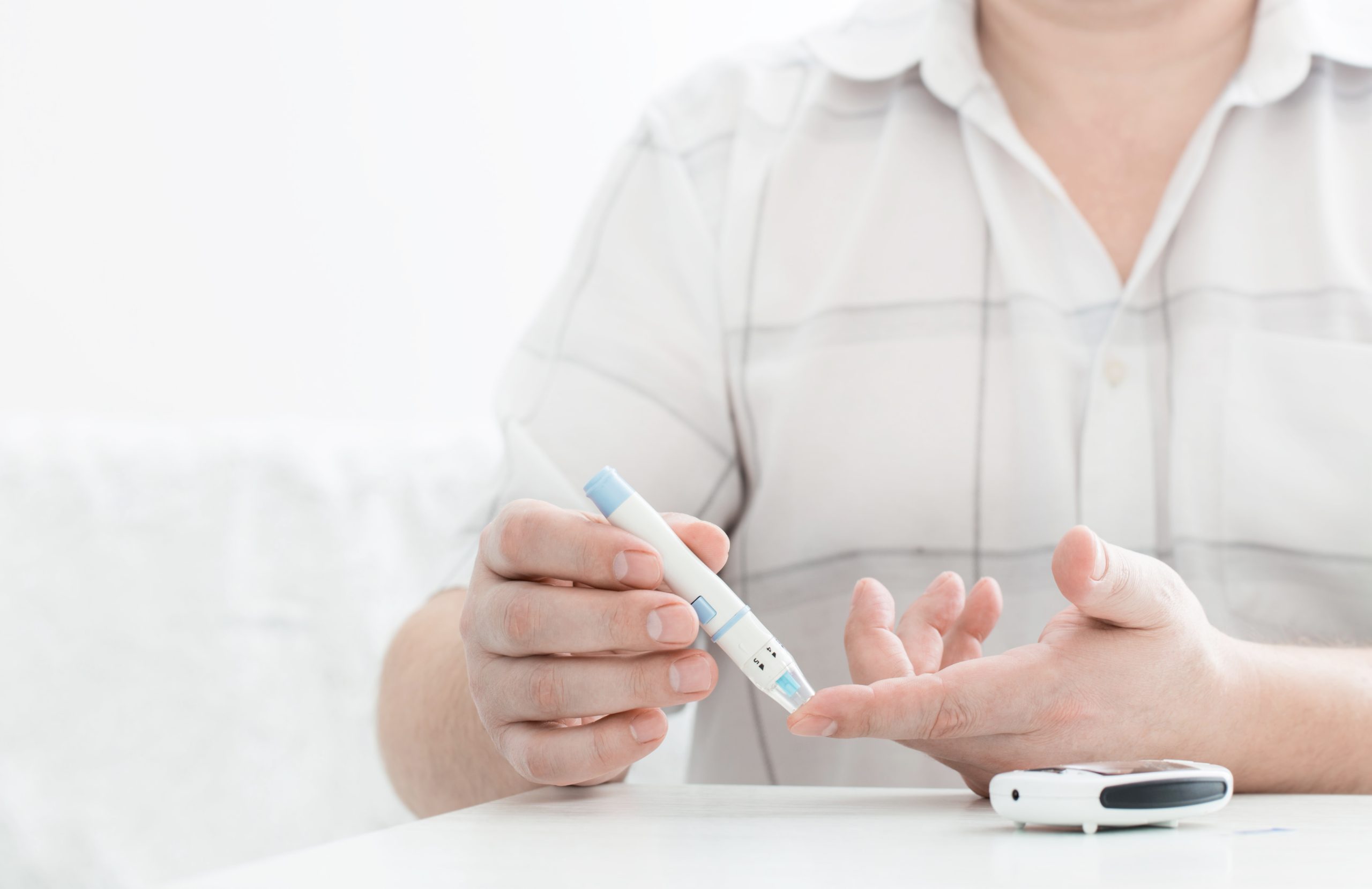Diabetes is a chronic condition that lasts for a lifetime.
This means that it cannot be cured, and needs to be managed to prevent it from descending to potential health complications.
This condition affects how your body converts food into energy. When your body lacks the hormone insulin, or produces an insufficient amount of insulin, the glucose in your blood cannot enter your cells to give you energy required for day-to-day activities.
In this article, we look at 5 ways to manage this condition!
What Causes Diabetes?
Diabetes happens when your body is unable to produce sufficient insulin or forms a resistance against it.
You may also develop Type 2 diabetes if you have these risk factors:
- Obesity
- High blood pressure
- Gestational diabetes
- High alcohol intake
- Sedentary lifestyle
- Pre-diabetes
- Polycystic ovarian syndrome (PCOS)
- A higher risk ethnicity
- Over 45 years old
- Previously had an organ transplant
What Are the 10 Early Warning Signs of Type 2 Diabetes?
- Blurred vision
- Weight loss that cannot be explained
- Constant hunger
- Tiredness
- Wounds and cuts that are slow to heal or don’t heal
- Numbness or tingling in your hands and feet
- Frequent urination
- Increase in thirst
- Yeast infections
- Dark patches of skin
4 Popular Ways to Manage Diabetes
Knowing the importance of managing your condition, what are some of the most common methods to go about it?
Let’s take a look:
- Make Key Lifestyle Changes
If you know that you spend far too long sitting down at work, at home, and being sedentary, it’s time to switch up your routine.
Implement a regular exercise plan and watch what you eat. Losing weight can help you to keep your diabetes under control better. Your diet has a strong influence as well, so choose healthy whole foods like whole-grains, fibre, and protein!
On the other hand, try to limit your alcohol, fat, and carbohydrate intake. These foods can worsen your condition.
- Oral Diabetes Medication
Medication is usually a last resort if maintaining a healthy diet and keeping to a scheduled exercise routine fail to work.
There are various types of oral diabetes medications available, and most of them are made for different uses. Some medications may cause certain side effects like diarrhea and skin rash, so let your house doctor know if you experience these symptoms or if you’re simply concerned.
- Track and Control Your Condition
Managing your condition can also involve tracking your daily blood glucose levels with a glucometer.
This helps you to assess and determine whether your lifestyle modifications or medications are working or not. It can also provide valuable insight for your house call doctor.
You can also engage a house call doctor in Singapore to help you manage your condition by deciding on the best lifestyle changes for optimal results.
- Taking Insulin Injections
Sometimes, oral medication may be ineffective in controlling your condition. When this happens, your doctor may prescribe insulin injections to manage your blood glucose level.
Note that this doesn’t mean that your improved lifestyle modifications have failed or are ineffective, so press on!
